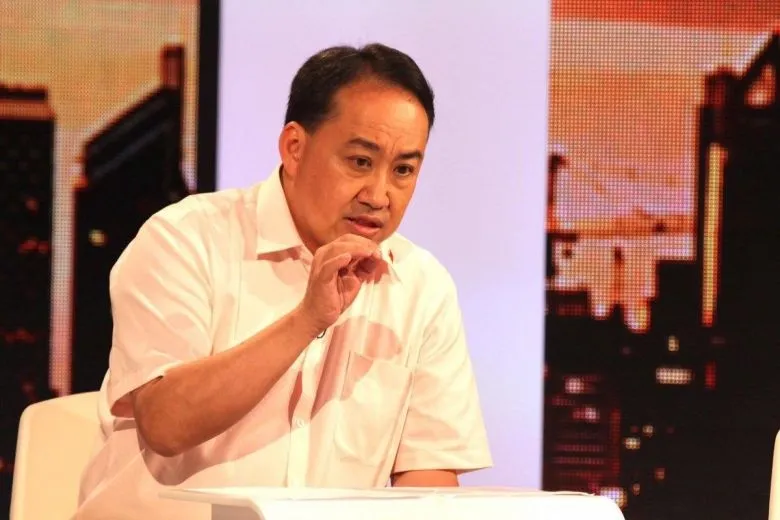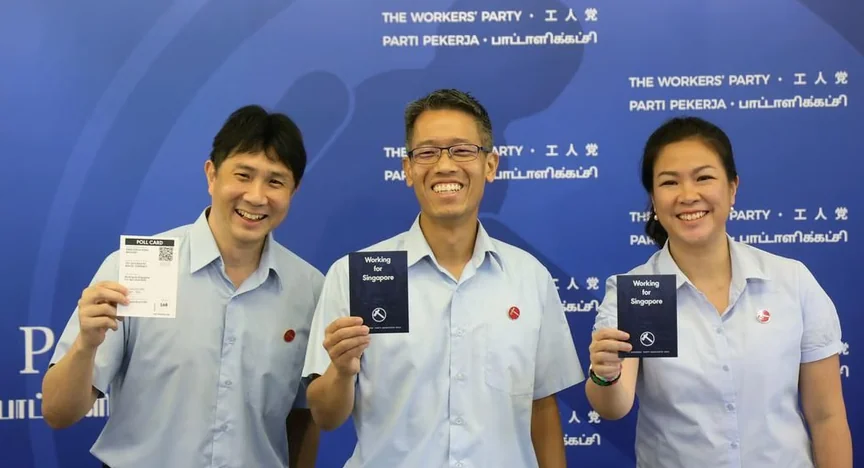律师兼人民之声领袖林鼎正面临两项破产索赔,总额为145万元
律师兼反对党主席林鼎正面临两项申请破产的索赔,总额约145万新元。

律师兼反对党主席林鼎正面临两项申请破产的索赔,总额约145万元。<br><br> 其中一宗申请由星展银行于去年10月提出,涉及一笔54万9千378 元的债务。高等法院昨日通过视频会议在分庭进行了审理。<br><br> 代表自己出庭的林鼎先生没有回应任何要求对此事给予评价的电话。<br><br> 记录显示,该公司正寻求让林先生因约90.5万元的债务而破产。<br><br> 林鼎先生是人民之声党的创始人兼秘书长,该党于2018年10月获得注册批准。<br><br> 林鼎先生周日还在住房委员会的居民家中发起了他所谓的一系列客厅集会活动,当时他也谈到了保护新加坡就业机会的问题。<br><br> 去年2月,在一名上海商人因一笔15万元贷款所提起的诉讼中,林先生就已经避免过一次破产清算。<br><br> 曾借给林鼎这笔钱的黄珉在2018年提出破产申请,当时即使黄珉在法庭上胜诉,能够合法收回这笔钱,但这笔钱最后仍未偿还。<br><br> 林鼎先生就法庭要求偿还该笔款项的命令提出上诉,但最终却撤回了上诉。<br><br> 在林鼎先生寄出了两张支票(在预定听证会的前一天)以结清债务和法律费用后,黄珉也在随后撤回了破产申请。<br><br>






